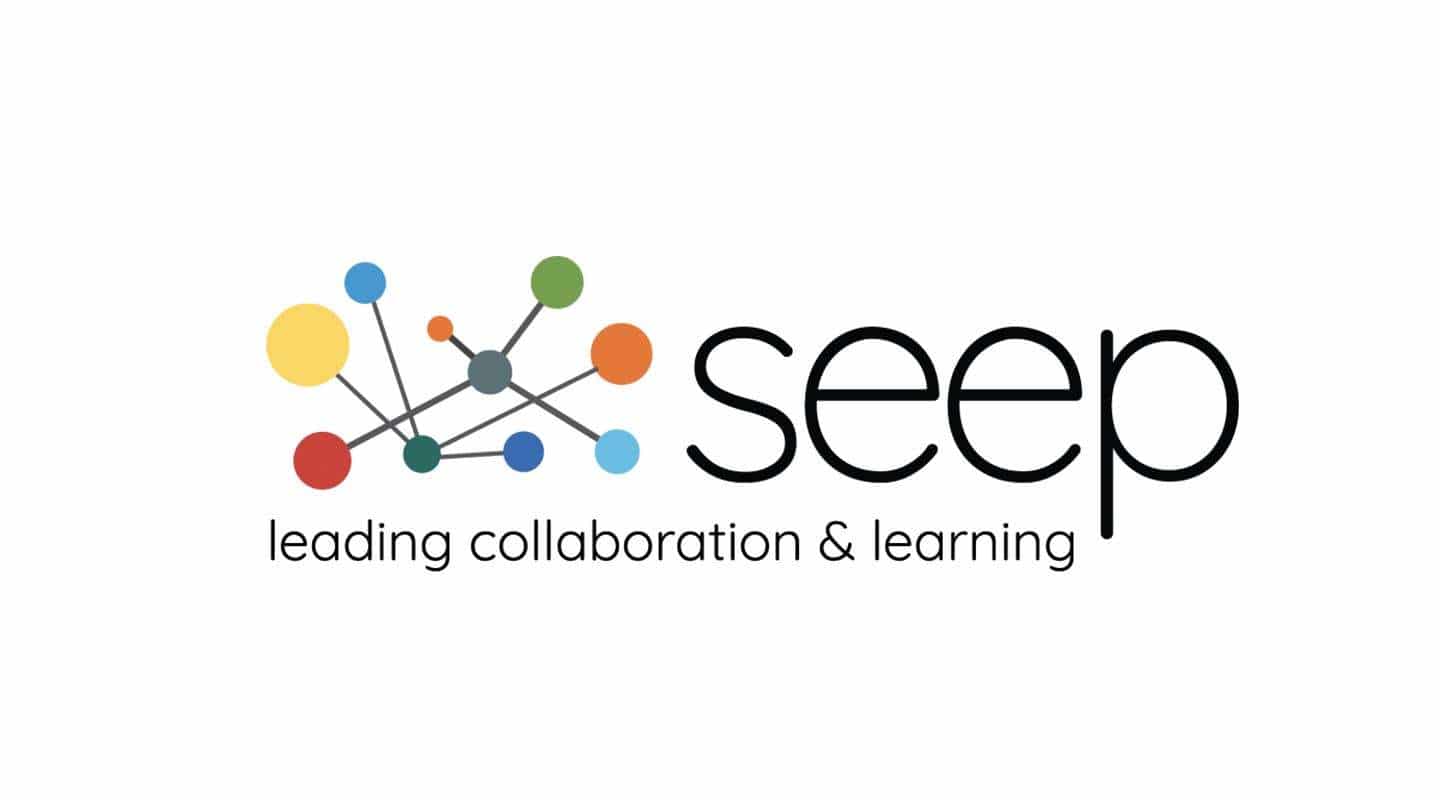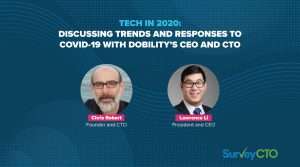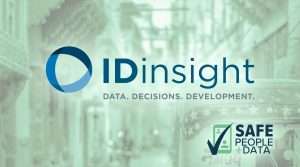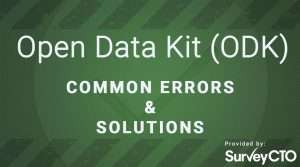Can market systems be used to build resilience for vulnerable groups? At the 2019 SEEP Network Annual Conference, I joined members of the SEEP network, which includes over 170 organizations committed to exploring that question and creating opportunities for vulnerable populations to participate in markets for the betterment of individual lives and communities.
This year’s theme was Building Resilience through Market Systems. I was particularly excited about the Data and Resilience track, due to Dobility’s long-standing commitment to create technology that protects private data, always works, and can be used with as few intermediaries as possible. Below are my three biggest takeaways from those sessions.
Data for the vulnerable is still scarce
While the amount of data available overall is far outstripping our ability to effectively and timely analyze it, this reality isn’t necessarily true for people in fragile and remote areas. The implications of data scarcity become even more dire in these high-risk areas, as policymakers and practitioners are forced to depend on assumptions that are subject to various biases and can cause more harm than good.
There are some good signs, including the proliferation of mobile phones. According to the Global System for Mobile Communications Association (GSMA), 62% of the population in emerging markets have access to mobile phones. Unfortunately, it also reports that 45% of mobile phone users in low and middle-Income countries don’t have access to mobile internet. These individuals tend to disproportionately belong to underserved groups that are predominantly female, rural and illiterate. For these communities, coordinated efforts are still required to address barriers of adoption and usage in order to accelerate digital inclusion and to build resilience. These efforts should involve donors, implementers, government agencies, tech companies, and other stakeholders in the public, private, and international development sectors.
Data and trust
Throughout the conference, we heard from many speakers reflecting on the importance of building trust with recipient communities. An example was shared of a refugee relief project that was subject to violence by the host community due to mistrust, affirming the need for strong partnerships, engagement, and transparency.
Trust is also an especially important principle for the data collection technologies and tools that international development organizations use. As the gatekeepers of substantial amounts of important and oftentimes sensitive data, organizations in the ICT4D community have a responsibility to innovate with trust in mind. They also have a fundamental responsibility to promote and advocate for the highest levels of data security innovations to protect the most vulnerable in our societies. For technology firms, donors, and other practitioners, responsible data handling processes, including full transparency and disclosure on data usage, seeking and documenting consent, and emphasis on data rights and ownership are all critical for establishing trust and driving resilience.
Data and evidence for innovative development solutions
One remarkable recurring theme was the level to which stakeholders have incorporated innovative, data-informed decision-making and learning into their work. Whether it’s in the area of women’s empowerment, financial inclusion, gender-based violence prevention, or climate resiliency, there was a clear demonstration of a commitment to learning from data and using feedback mechanisms to improve impact.
This commitment was also showcased in an innovation challenge competition where five organizations pitched groundbreaking development solutions. The winning innovation was Oxfam Philippines’ B-Ready (Building Resilient Adaptive and Disaster Ready Communities) project, which aims to improve disaster preparedness and financial inclusion through the use of digital forecasting to trigger pre-disaster cash transfers to vulnerable families. This and other innovations signal a fundamental shift in the way data is being used in the development of smart market systems to have greater impacts on crisis-affected populations.
Hope for the future
As donors, government agencies, and other international development practitioners work together to develop market systems strategies, there is no doubt that many challenges lie ahead. Particularly, more data and evidence, supported by the appropriate technologies, are still needed to measure impact and help inform future program design. With those efforts, I share the same optimism expressed at the SEEP Network Annual Conference that the future is ripe with opportunity for scaled impact on even more of the world’s most vulnerable communities.




